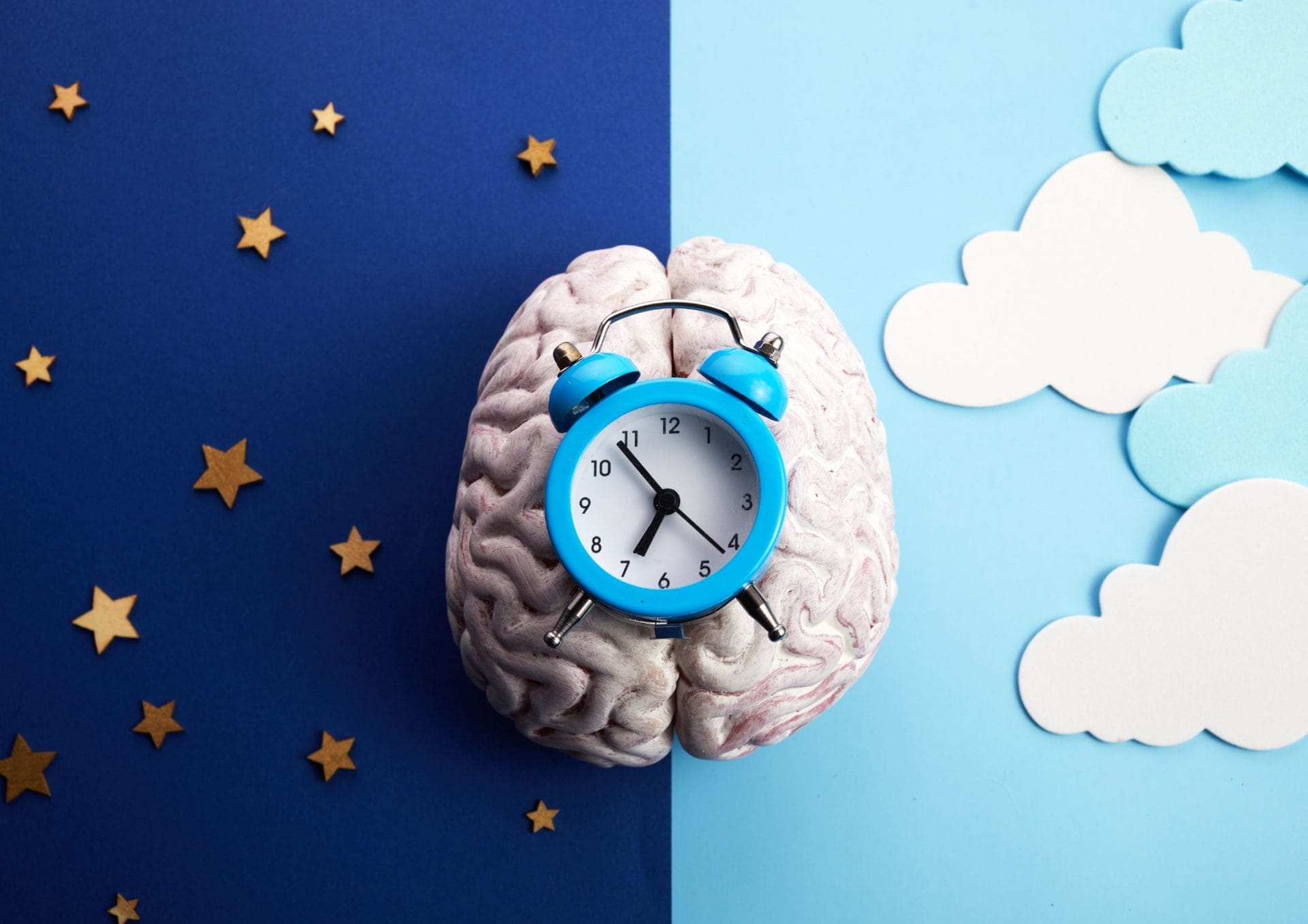Feeling Foggy or Wired at the Wrong Times? It Might Not Be What You’re Eating, But When
You might be eating all the right foods, but still feel sluggish in the morning, drained mid-afternoon, or too alert at bedtime. Sound familiar? The issue might not be what you’re eating. It could be when you’re eating it.
That’s where Circadian Nutrition comes in, a way of eating that supports your body’s natural 24-hour clock, also known as your circadian rhythm.
What Is Circadian Rhythm?
Your circadian rhythm is your internal timekeeper. It regulates:
-
Sleep cycles
-
Digestion
-
Hormone release
-
Cognitive clarity
When you eat out of sync with your rhythm, it can throw off everything from your focus to your sleep quality.
Let’s break it down by time of day and see how to better support your body (and brain) with smarter food timing:
Morning: Prime Time for Brain Fuel
Your body is most efficient at digesting food earlier in the day. That’s when your metabolism is humming, and your cortisol levels are naturally high to help you feel alert.
What to eat: Front-load your calories with protein-rich + fibre-packed meals to stabilize blood sugar and support neurotransmitter production.
Try:
-
Eggs + sautéed spinach
-
Greek yogurt + berries
-
Oats + chia seeds + walnuts
Why it matters: A nutrient-dense breakfast jumpstarts your metabolism and provides key nutrients (like B vitamins and omega-3s) that your brain uses to focus and learn.
Afternoon: Smart Snack to Beat the Slump
That 3PM crash? Totally normal. Your body naturally experiences a dip in energy as cortisol falls and alertness slows. What you eat here can either help or hinder your mental clarity.
What to eat: Focus on snacks with healthy fats, protein, and slow carbs to keep your brain steady.
Try:
-
Cottage cheese + tart cherries
-
Apple slices + almond butter + cinnamon
-
Hard-boiled egg + hummus + carrot sticks
Why it matters: These snacks help keep blood sugar stable and deliver key nutrients like choline and flavonoids that fuel cognitive performance, without the crash of refined carbs or sugar.
Evening: Time to Wind Down
Eating too late (especially heavy or high-sugar meals) can interfere with melatonin production, spike blood sugar, and disrupt your ability to fall into deep, restorative sleep.
What to do: Aim to finish your last meal 2–3 hours before bed. Keep evening meals lighter and balanced, with a mix of complex carbs and protein to support relaxation.
Try:
-
Quinoa + roasted veggies + grilled salmon
-
Lentil soup + side salad
-
Brown rice + tofu + steamed greens
Why it matters: A calm digestive system helps signal your brain that it’s time to rest, allowing for better recovery, memory consolidation, and hormonal balance overnight.
The Bottom Line: Timing Matters as Much as Ingredients
Circadian Nutrition is more than a trend, it’s a science-backed strategy for supporting your brain, body, and overall well-being. Whether you’re looking to boost energy, sharpen focus, or improve your sleep, syncing your meals with your internal clock can make a big difference.




